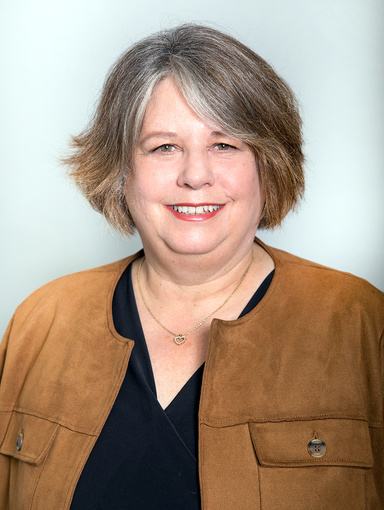
CONTACT:
Lisa D’Aunno
Training Director, National Resource Center for Family Centered Practice
Associate Professor, University of Iowa School of Social Work
(319) 335-4932
lisa-daunno@uiowa.edu
The University of Iowa National Resource Center for Family Centered Practice (NRCFCP) at the School of Social Work, and the UI Department of Pediatrics Division of Child and Community Health, in partnership with Life Connections Peer Recovery Services of DeWitt, Iowa, have been awarded funding from the State of Iowa to support the Iowa Peer Workforce Collaborative—a project that will provide comprehensive training and coordination for the state’s Peer Support Specialists, Family Peer Support Specialists, and Recovery Peer Coaches and the organizations that employ them.
The project aims to develop and support a skilled peer workforce to help address the mental health needs of Iowa residents, and to promote expanded employment opportunities for peers across the state.
UI School of Social Work faculty members Miriam Landsman, MSW, PhD, Associate Professor and Executive Director of the NRCFCP and Lisa D’Aunno, JD, Adjunct Associate Professor and NRCFCP Director of Training, will lead the statewide effort.
D’Aunno said, “I am delighted that the University of Iowa is partnering with Life Connections Peer Recovery Services, which operates a wellness recovery center in downtown DeWitt and Rhonda’s House, Iowa's first peer-run respite house. Over the past six years, we’ve worked hard with our partners develop outstanding training programs—and we’ve trained more than 500 Iowans to be peer support and family peer support specialists. In the next six years, we will be able to train more peers and promote the value of the peer workforce so that more Iowans can experience the transformative power of peer support.”
Peer support, peer recovery coaching, and family peer support are evidence-based services that improve client and family engagement with services, improve health and mental health outcomes, and reduce hospitalizations and out-of-home child placements. The peer workforce also has a positive influence on the culture of organizations involved, bringing hope and evidence of recovery and resilience to staff as well as clients.
Funded by the Iowa Department of Human Services, Division of Mental Health and Disability Services, and the Iowa Department of Public Health, the Iowa Peer Workforce Collaborative will be supported at $500,000 per year, renewable for six years.
“This project is a massive undertaking,” Landsman said, “and we are excited to play a lead role in the state in this important work.”
The new funding will expand work that the NRCFCP had been doing for six years in partnership with the UI Department of Pediatrics, the Iowa chapter of the National Alliance on Mental Illness (NAMI), and the Access for Special Kids (ASK) Resource Center, which is a training and information center for Iowa parents and families of children with disabilities. Funds will be used to support statewide recruitment, training, and continuing education of Peer Support Specialists, Family Peer Support Specialists, and Peer Recovery Coaches; training for supervisors; and technical assistance to organizations that employ peers.
Peer Support Specialists and Peer Recovery Coaches provide support, coaching, and advocacy for adults in recovery from mental illness and substance misuse, using specialized training and wisdom gained from their own lived experience. Family Peer Support Specialists use their training and lived experience to provide support, coaching, and advocacy for parents and caregivers of children and youth receiving services for mental health, substance use, and related issues.
D’Aunno added, “Iowa Peer Support Specialists are people who are living well in recovery from serious mental illness. The training prepares them for a new career in the mental health field. At the heart of recovery is choice – choosing the path you want your life to go after a diagnosis of mental illness. Our trainers are also peers in recovery, and it is gratifying for them to bear witness as trainees realize that their own often painful journey of recovery can serve as beacon of hope for others. A number of the folks we train have already had rich careers in fields as diverse as banking, non-profit management, counseling, and stay-at-home parenting. For the peer workforce, their new careers are not just a job, but a calling.”
Peer Support and Family Peer Support Specialists and Peer Recovery Coaches are employed in mental health facilities, social service agencies, peer-run recovery centers, peer-run respites, integrated health homes, hospitals, prisons, and with law enforcement agencies and healthcare organizations. They may also serve on a variety of advisory boards and committees at local, state, and national levels.